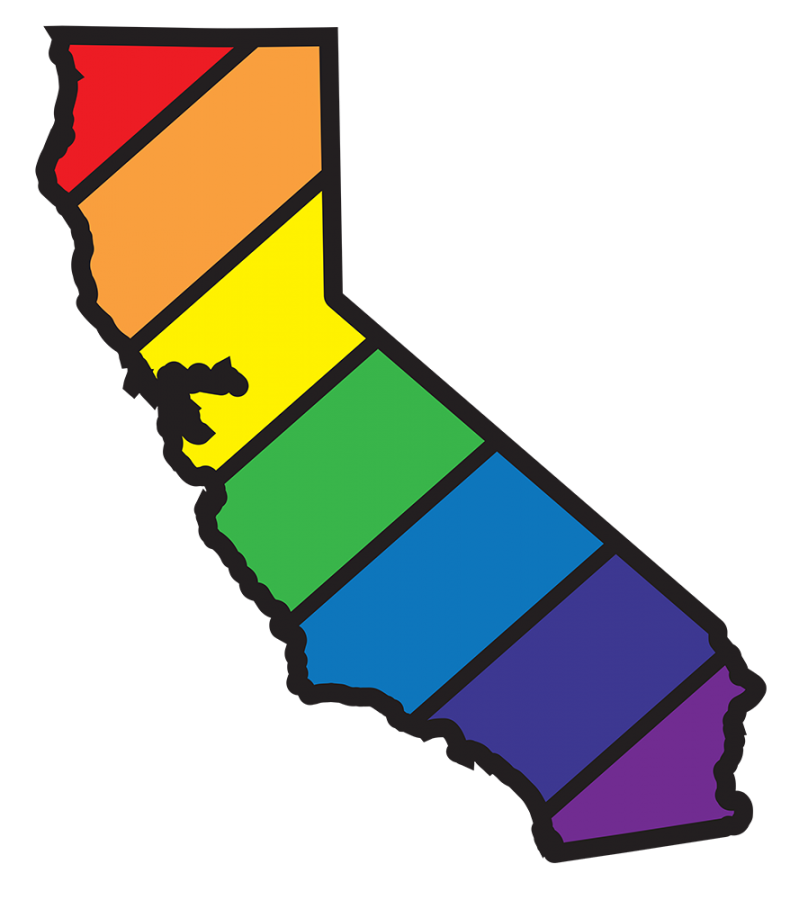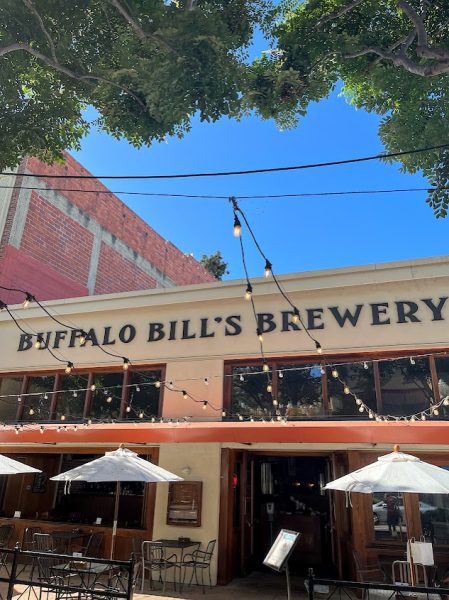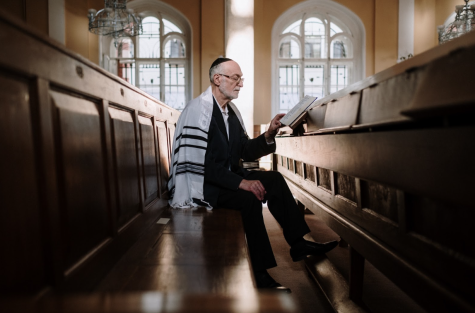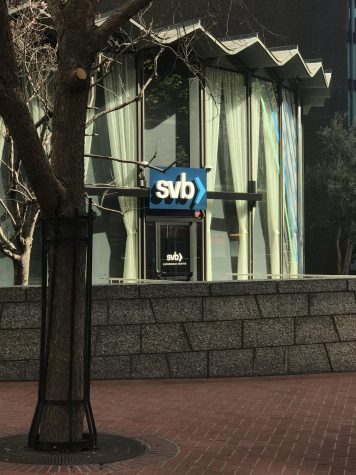California schools diversify curriculum
July 27, 2016
Lessons about the accomplishments of lesbian, gay, bisexual, transgender and queer Americans and people with disabilities will be added to California public school curriculum, beginning with second grade textbooks.
On July 14, the California State Board of Education, which has 11 members, voted unanimously to update to the History-Social Science Framework, a statewide guideline that mandates how subjects should be taught in each grade in elementary, middle and high schools. The changes are part of standard annual updates according to the California State Board of Education that were delayed.
The new curriculum will be used by teachers, administrators and textbook publishers to teach civic learning, financial literacy, voter education and genocide, according to the California Department of Education. It will incorporate the historical accomplishments of members of the LGBTQ community and people with disabilities into California and United States history lessons. Who and what will be added to the curriculum will not be finalized until 2017.
Robert Oaks, assistant director of communications at the California Department of Education told The Pioneer the diversity and inclusiveness of California helped create the curriculum changes.
The Instructional Quality Commission, an 18-member body that advises the State Board of Education on curriculum and instruction, began to update the History and Social Science Framework in 2008. However its completion was delayed eight years due to the economic downturn, according to Oaks. This curriculum revision process was created in the 1920’s and the state encourages annual updates to the framework, according to Oaks.
According to the CDE, the public helped with the development process of the changes. A yearlong online survey period garnered 700 public comments and a second field review received more than 10,000 email comments, however the content of both were not made available to the general public. The State Board of Education, composed of 11 members who are appointed by the Governor, according to the SBE website, voted unanimously in its support of the document. “This can be controversial in other states, it was not in California,” said Oaks.
California school districts rely on this document when choosing textbooks and creating lesson plans for the upcoming school year, according to Oaks. The state approves textbook publishers that comply with the new standards and composes a list of the updated textbooks. According to the CDE, the school districts — 1,022 in California as of 2014 — are then able to decide which books to use from this list.
As a result of the framework, public schools will see new lesson plans and teacher training, as well as updated textbooks and other changes, according to Oaks. In the coming months, the updated document will be posted to the CDE website and published for distribution to the school districts. By November 2017, the SBE will take action on the final recommendations of the IQC and the document will officially go into effect, according to the CDE website.
The update is an extension of Senate Bill 48, which was passed by Sen. Mark Leno, D-San Francisco, in 2011 and “prescribes the inclusion of the contributions of various groups in the history of California and the United States,” according to the CDE. “We provide recognition of all of our citizens regardless of ethnicity, gender identity, everybody in California is celebrated,” said Oaks.

















